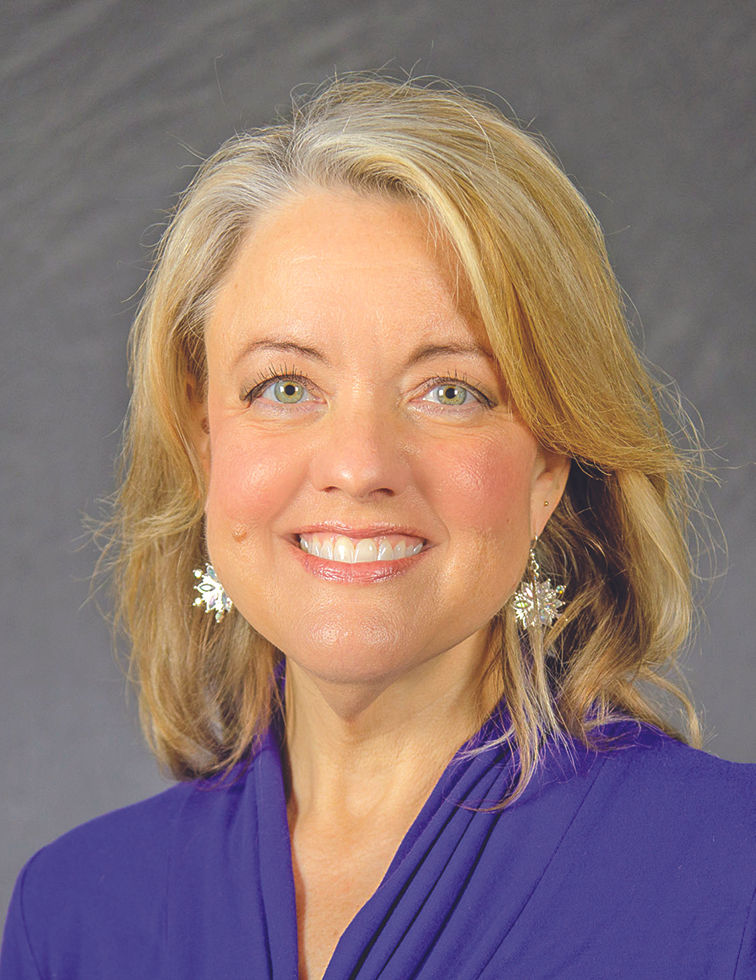Growing Greenup- Gardening and Farmers Markets - Container Gardening
- Jun 3, 2025
- 4 min read
Growing Greenup
Gardening and Farmers Markets
Container Gardening
Source: Jamie Dockery, UK Extension Horticulture Agent

Not everyone has acreage or land where they can just dig in the soil. As long as you have a sunny spot, whether it be a balcony or parking lot, if you can get sunlight, you can grow flowers or vegetables in containers. It isn’t difficult.
Just about any container will do, but the smaller the container, you will be more of a slave to it. Unless you work from home, are a stay at home parent, or retired, small containers do not make any sense. Don’t use anything smaller than half of a bourbon barrel, 24 inches in diameter, if you are going to grow tomato plants. The more soil you can give that plant, relative to its size, the less water and maintenance you will have to do.
You can grow anything in a container, but remember, the larger the plant the more challenging it is. Lettuce, radishes and plants that don’t grow tall, and don’t require a lot of water, are very easy to grow in containers. There is no denying, plants in containers depend on you for everything. Generally, watering is a daily chore and if you let plants dry out and become stressed, you will limit how much they can produce.
Being in containers, plants don’t have access to the nutrients in natural soil, which is usually a potting soil or soil mix. You have the commitment of feeding or fertilizing on a regular basis. Young people are very interested in horticulture right now. They usually live in apartments before owning a home, and that makes container gardening a perfect fit.
Containers can be of any size or shape. Container gardens are elevated and do not contain native soil. Raised beds require much less watering than container gardening.
One of the most popular questions at extension offices concerning container gardening is about blossom end rot, which is associated with tomatoes, and is technically a calcium deficiency. Blossom end rot is actually the lack of consistent watering, making it hard to grow a full-sized tomato in a container without running into issues. Plant breeders have gotten around that by developing container-bred varieties which are much shorter plants. Dwarf tomato plants get about two feet tall and need only about a third of the water that a full-size tomato plant requires. There are a multitude of varieties of other vegetables that are bred for container gardening.
Contact the Greenup County office of the University of Kentucky Cooperative Extension Service for information on container gardening.
Support your local farmers market
Source: Mark Williams, Horticulture professor and department chair
Growing season is in full swing, and your local farmers market has the freshest produce, meats and value-added products around.
When you purchase from a farmers market vendor, most of which are small, family operations, it reduces the time it takes for food to travel from a large, commercial farm to a grocery store and onto your dinner plate. This means that local growers can wait to pick the produce and deliver it to you when it is at the peak of freshness. At the same time, you are reducing fuel emissions and transportation costs the growers would have to pay to sell their products outside the county. Many times, farmers markets are closer to your home than a grocery store, so shopping at the markets could cut down on your fuel costs too.
Buying from farmers markets is good for the local economy and one way to preserve agriculture in rural communities. Farmers market purchases keep your money in your community. It allows growers with small-to-medium-sized operations to receive a fair price for their products without having to compete against large commercial growers. With an established, local market to sell their products, new growers have a viable entry into agriculture and an improved chance at success.
With much of the farmers markets products being fresh fruits and vegetables, you also have the opportunity to add more nutrition, vitamins and minerals to your family’s plates. This can lead to healthier diets.
Buying from a local vendor can help you connect to the person who is growing your food. It can be a great lesson for your children on where food comes from. Over the course of the season, many repeat farmers market customers develop personal connections and friendships with vendors.
The Greenup County Farmers Market is open on Tuesday evenings from 3 p.m. – 7 p.m. and Saturdays from 9 a.m. – 2 p.m. Located under the big blue pavilion beside the Greenup County Extension Office at 35 Wurtland Avenue, Wurtland, KY and featuring locally grown produce, meat, homemade baked goods, jellies, jams, sweets, and a variety of handmade items including sewn goods, wooden items, carvings, jewelry, decorative pieces, and specialty gifts.
For more information, contact Anne Stephens, Agent for Community Arts in Greenup County. 606.836.0201 anne.stephens@uky.edu 35 Wurtland Avenue, Wurtland, KY 41144 The Martin-Gatton College of Agriculture, Food and Environment is an Equal Opportunity Organization with respect to education and employment and authorization to provide research, education information and other services only to individuals and institutions that function without regard to economic or social status and will not discriminate on the basis of race, color, ethnic origin, national origin, creed, religion, political belief, sex, sexual orientation, gender identity, gender expression, pregnancy, marital status, genetic information, age, veteran status, physical or mental disability or reprisal or retaliation for prior civil rights activity. University of Kentucky, Kentucky State University, U.S. Department of Agriculture, and Kentucky counties, cooperating.




Comments